The City of Calgary presented the results of its citizen satisfaction survey last month, revealing a 12 per cent drop in the number of Calgarians who trust the city. The spring 2024 survey compared citizen trust in Calgary with fall 2021, when the current city council took office.
Little was said about the implications of the survey’s findings at the time of their release in late May. But they became evident nine days later, when a jet of water ripped up the pavement of a major road in Montgomery, an inner-city neighbourhood in Calgary’s northwest.
On the evening of June 5, a two-metre-wide water feeder main suddenly burst. Free to flow, the city’s drinking water flooded the 28 hectares of Shouldice Park, including its soccer fields and offices. Meanwhile residents in an adjacent neighbourhood would be left without safe drinking water for nearly five days.
The next morning, Calgary Mayor Jyoti Gondek asked Calgarians to reduce water consumption, as the water loss was akin to losing 30 Olympic-sized pools every hour.
“I’m urging all of you to please consider restricting your water use inside your home,” Gondek told Calgarians in a reel posted on Facebook.
Public distrust was quick to take hold.
“This is too fitting for a narrative that has been beaten into our lives,” one commenter said in response to the mayor’s video. “Full transparency on what caused this to happen.”
Some Calgarians blamed the pipe’s failure on the city’s growing density. Others suggested it was another nefarious attempt of the government to control citizens.
“They cannot override our freedom and enjoyment of property by scaring us by ‘lack of water,’” one poster said on Facebook. “Have they proven it? Or just ‘telling us’ it’s going to run out? It’s BS.”
Despite the city’s swift action to fix the broken pipe and to identify the causes of the issue, local pundits called into question the competence of the city’s leadership, exploiting the vulnerabilities of disgruntled Calgarians for the sake of clicks.
But nurturing distrust is not synonymous with holding decision-makers accountable.
“There are some people who simply just want things the way they want them,” said Lori Williams, a political scientist at Mount Royal University.
“So for them, democracy and democratic accountability is doing what they want.”
‘When people have political trust, the government functions better’
Broadly defined, trust is the belief that people and institutions will consistently act in a positive way. When citizens trust their leadership, they are more likely to support policies that tackle complex issues such as climate change or public health.
Trust also strengthens political participation and maintains the legitimacy of the institutions that sustain democracy.
“When people have political trust, the government functions better,” said Cary Wu, an associate professor of sociology at York University. “It’s very difficult to implement policy when people don’t trust governments. So no matter how good the policies are, people won’t comply with them.”
To maintain trust, the Organization for Economic Co-operation and Development says, governments should be responsive to the needs and expectations of citizens, minimize uncertainty and give people opportunities not only to understand how decisions are made, but also to hold decision-makers accountable.
A moderate degree of distrust is necessary for citizens to keep tabs on elected officials and push governments to do better, Wu explained. However, this age of polarization can distort how citizens perceive their government’s performance, making it difficult to hold decision-makers accountable on more objective grounds.
“It’s no longer about what governments do, and more about whether you’re a liberal or a conservative,” Wu said.
“It’s not about performance, nor good leadership — it’s just the identity-based low trust that creates a lot of trouble for both people and governments.”
And democracy wanes without political trust.
Only 38 per cent of Calgarians trust the city
When Calgary’s current city council took office in the fall 2021, more than half of Calgarians reported some degree of trust in the City of Calgary, and 60 per cent held a positive view of council’s performance.
Two and a half years later, citizen satisfaction has shifted dramatically, with only 38 per cent of Calgarians saying they have some degree of trust in the City of Calgary, and 49 per cent approving of council’s performance.
The reasons behind this shift are complex.
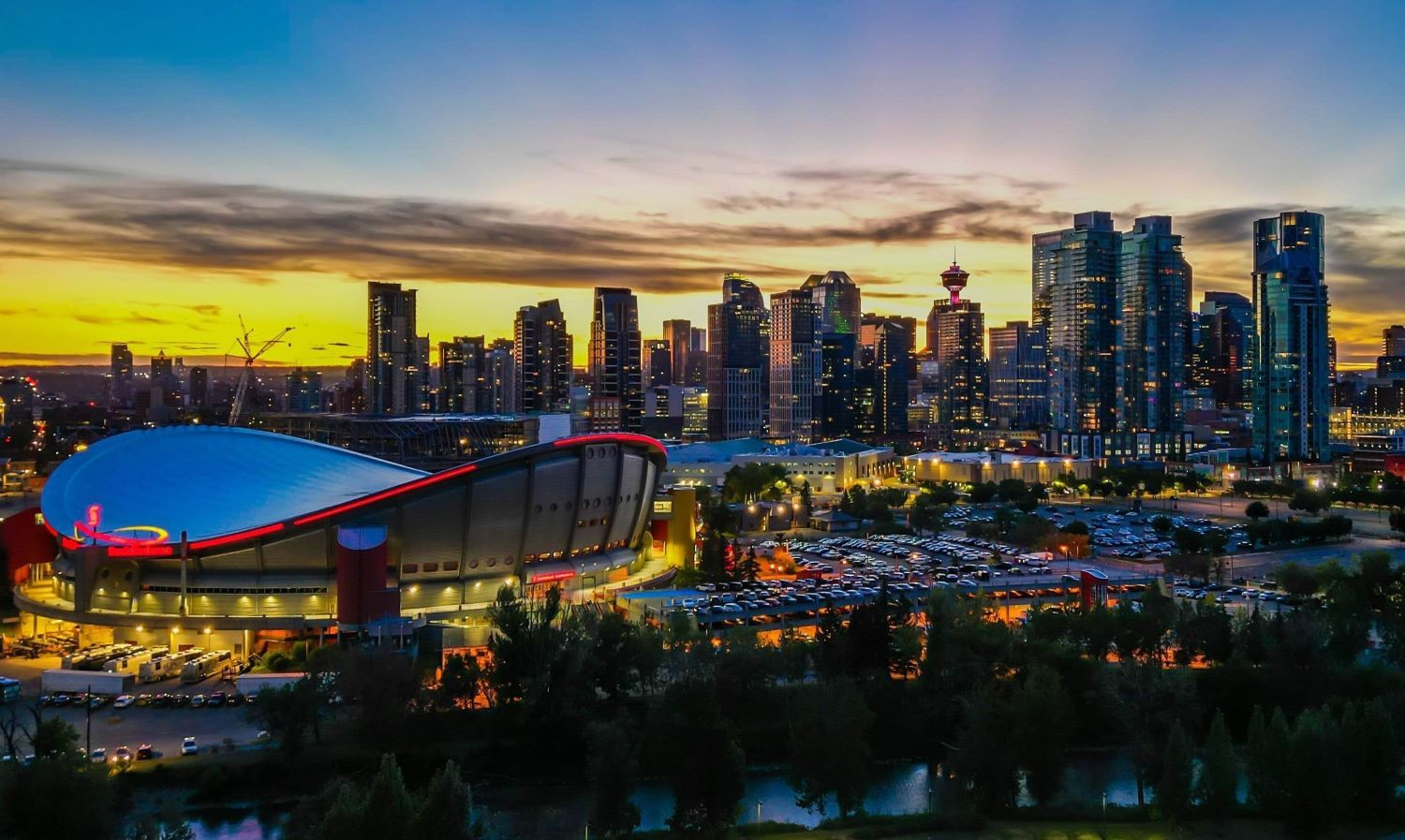
Scott Richey, a father of two young children and avid cyclist, is one of the Calgarians whose trust in the city has declined. “I do have general trust in the city,” he said.
But his optimism has been eroded by recent council decisions, such as their unanimous vote in support of the city using an $818-million fund to financially support the development of a new arena downtown.
“We know that arenas are only good for the people who own franchises; they don’t really help the community,” Richey said. “And then we have a water main break, and I can’t separate the opportunity cost where they could have just maintained it — if you can’t maintain infrastructure, what are you doing?”
Most Calgarians, however, don’t hold such a negative view on the arena. In another survey conducted by the city, more than 80 per cent of respondents said they believe the new arena is likely to benefit the city’s tourism industry, create permanent jobs and support local businesses.
While Richey didn’t like that the arena discussions took place behind closed doors, he believes transparency is a double-edged sword that could be used by people with “nefarious interests” against the public good.
“I think transparency is good,” he said. “I just think that we have to recognize when it can get weaponized.”
Closed-door meetings are a long-standing issue for Jeromy Farkas, a former city councillor and mayoral runner-up in Calgary’s last election. A decade ago, when he worked at the Manning Foundation for Democratic Education, a conservative think tank, Farkas ran a program that tracked the number of in-camera sessions held by council.
“Calgary city hall is notoriously opaque,” Farkas said. “This is a major issue.”
While he acknowledges that there are matters council must discuss in private, Calgary’s new arena isn’t one of them. “It’s very clear that city council is leaning too heavily on secrecy,” he said. “Especially with their recent refusal to tell Calgarians how much they paid the negotiator that came up with the arena deal.”
In a statement, Mayor Gondek told The Tyee that “honesty, transparency and clear communication are the bedrock of trust in any relationship. That's what we're trying to do every day, while also providing the services Calgarians depend on.”
A challenging time for municipalities
While a transparent decision-making process is essential to support trust, political scientist Williams believes that the frayed relationship between Calgary city hall and the province of Alberta has deepened through a generalized decline in trust, as Alberta’s United Conservative Party government continues to capitalize on the unrest of a vocal minority.
Despite the important role municipalities play in addressing the most immediate needs of Albertans, the provincial government is actively limiting the autonomy of cities and tightening its capital support for municipalities.
“This is an unusually challenging time, particularly for the municipal government,” Williams said. “On the one hand, there’s a whole lot of criticism and blame being attached to cities, and yet very limited control over funding, over what they have the authority to do.”
According to Calgary’s municipal fiscal gap report, two combined actions of the province — shifting some of its responsibilities, such as social housing and wastewater, onto municipalities, as well as reducing municipal budgets — have resulted in a $311-million municipal deficit that affects the capacity of city hall to respond to inflationary pressures.
“The city takes care of the things Calgarians interact with the most: roads, water, wastewater, parks and recreation services,” Mayor Gondek said. “Calgarians need to know that the City of Calgary is a reliable provider of services and infrastructure.”
Meeting the expectations of citizens is also crucial to maintain public trust, but city hall is straggling.
In the spring satisfaction survey, over 50 per cent of Calgarians said they don’t believe municipal spending reflects their priorities, and only 44 per cent give a positive rating to the value of their taxes.
“The reality is that Calgarians have voted for their municipal council, they have voted for their provincial and federal representatives, and they want them to work together to solve problems,” Williams said.
“They are paying taxes to all three levels of government and they don’t care what the jurisdictional issues are. They care about whether they are going to get effective responses to the challenges that they are facing.”
Calgary, ‘caught by polarization’
Once trust is lost, gaining it back is more difficult than fixing a broken water main in one month. Especially when inciting distrust may offer some political advantage.
“Balancing the desperate desires that are being expressed by constituents is just not easy to do,” Williams said, noting that the decline in public trust goes beyond Calgary’s incumbent council. “Anger, suspicion about what might have gone on and what might be going on has been happening for a very long time; you can trace it back to the 1980s.”
Moreover, Calgarians should acknowledge the circumstances making city hall, and the mayor, the target of sustained opposition that is often presented as citizen calls for accountability.
“This particular city council has been caught by polarization,” Williams said. “People profoundly disagree with what should be done in housing, the environment or COVID policies; it’s impossible to satisfy people who disagree.”
To rebuild trust, all levels of government — and Calgarians — must work together.
“We’ve got difficult problems that are going to be uncomfortable to deal with,” Williams said. “But we can make it a little bit easier if we’re willing to explore possibilities in the community, and do less finger pointing and blaming, and more exploring ways that we can work together to try to make a difference.” ![]()
Read more: Alberta, Municipal Politics, Urban Planning
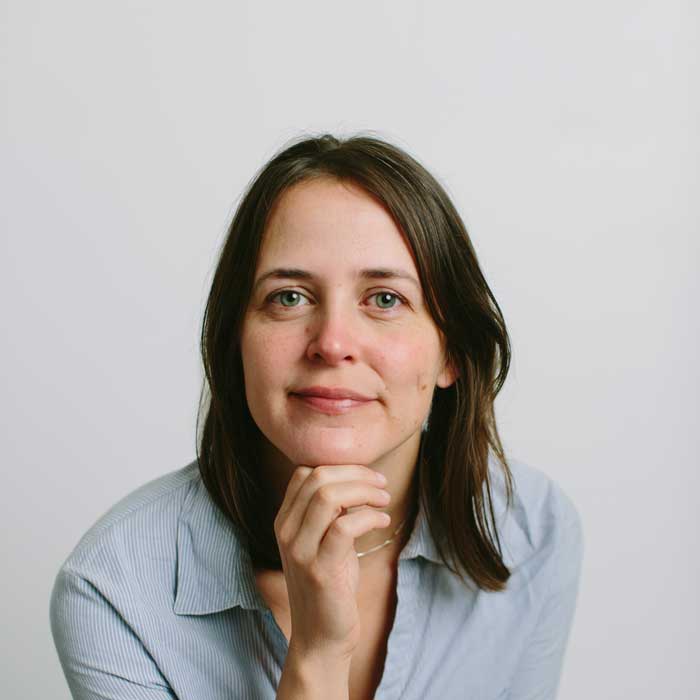



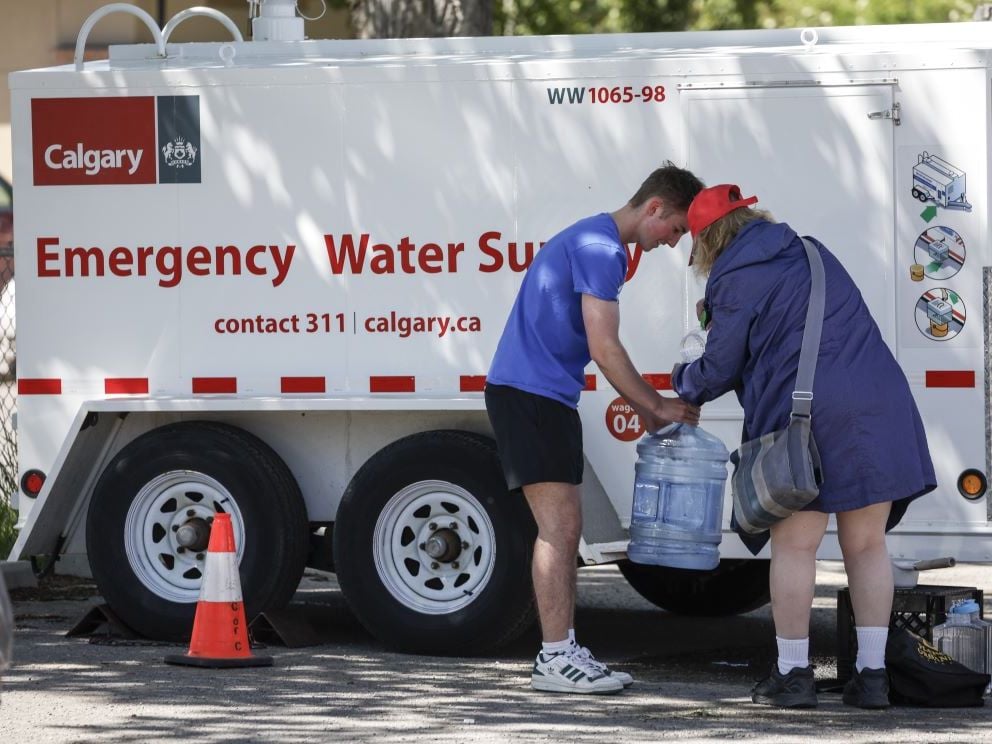

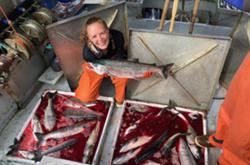

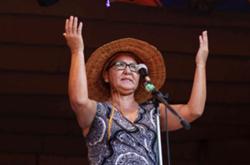
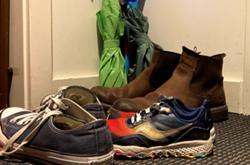

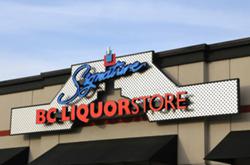
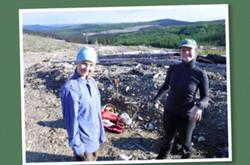

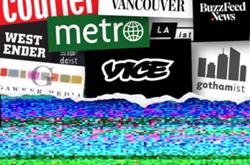
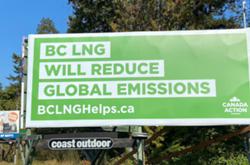
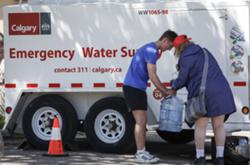
Tyee Commenting Guidelines
Comments that violate guidelines risk being deleted, and violations may result in a temporary or permanent user ban. Maintain the spirit of good conversation to stay in the discussion and be patient with moderators. Comments are reviewed regularly but not in real time.
Do:
Do not: